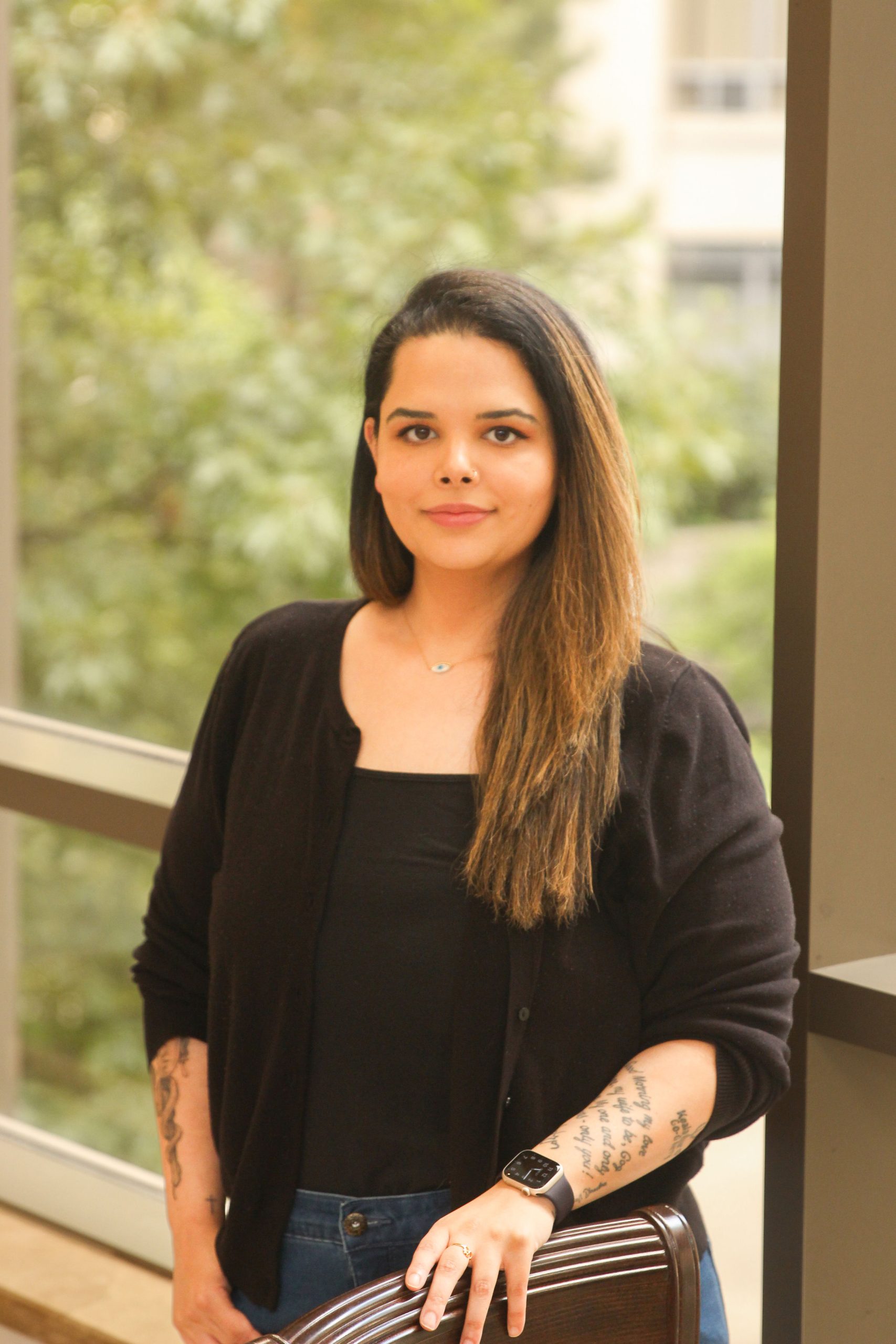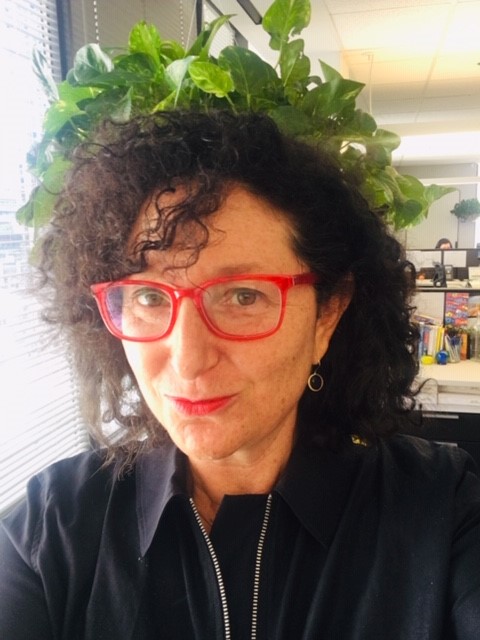
Andrea Rivera is a Registered Counselling Therapist-Candidate and a Canadian Certified Counsellor working from Halifax, Nova Scotia. In the past, Andrea supported immigrants and refugees by providing ESL Language Classes and supporting them through a variety of issues ranging from career development to mental health concerns. After graduating with an M.Ed. in Counselling through the University of New Brunswick in 2020, She proceeded to open a private practice called Universal Consciousness Psychotherapy and Wellness. Additionally, due to her understanding of how isolating private practice can be, she started a group for Counselling Therapists of Nova Scotia where they meet to network and distribute counselling-related knowledge.
Andrea’s value to help others continues to be present in her life by providing support to individuals and couples through their current challenges via accessible video conference counselling appointments. Furthermore, she values the importance of knowledge and education, therefore continuing to contribute to the research, support, and development of online counselling services.





